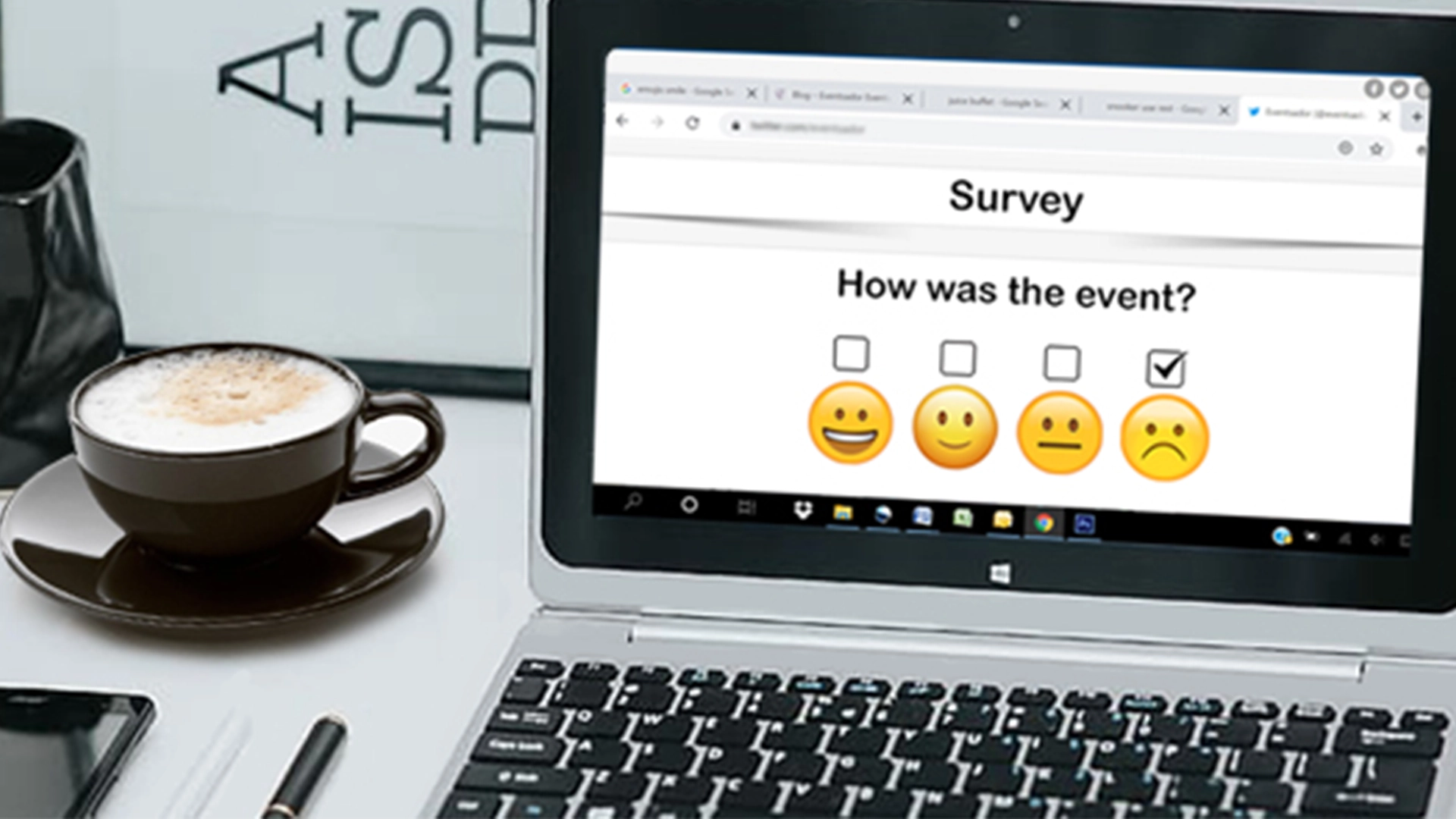
Reasons Why Some Virtual Events Fail
A Virtual Event is that where someone attends a session online instead of in-person. These kinds of events can be interesting and effective as long as certain strategies are followed. Whether it was an online exercise session, cooking class, webinar, dance party or conference; there is a possibility that some of these guidelines were not followed and hence unfortunately the event was not successful! Check them out and see where you may have gone wrong. Follow these tips so your future events reach greater heights of success and gain repeat customers.
- Inappropriate Date & Time: Choosing an appropriate date and time is very important. Having a business event on a public holiday or weekend probably won’t get many takers. Similarly organising a virtual party on a work day will have little or no interest. Time of day is important too. You wouldn’t organise a dance party at 8am, would you? Timing is even more crucial if you expect people from different time zones to participate.
- Not Enough Lead Time: announcing to the public that you have an event tomorrow does not give people sufficient time to organise their day to fit you in. Besides which yours may not be the only event taking place and they may already be committed. Give sufficient lead time to get better attendance numbers. Advertise early and send reminders closer to the event date.
- Incorrect Marketing: were online marketing tools and advertising used enough? Know your demographic/ market segment and aim your advertising and marketing to that particular age group/area rather than doing sponsored ads to thousands of people who may not be your target audience. Incorrect marketing would be a waste of money and not get you the attendance numbers you’re looking for. Shortlist your demographic and target that group.
- The Incorrect Platform: there are so many virtual platforms available, some free of cost and some that charge annually or per event. The choice you make would depend on the number of persons attending and the features the platform provides. Using an appropriate one would mean not having people left out because of group size or session time limitations. For small meetings you may want to use freebies like WhatsApp, Skype or Google Hangouts and for large-scale events you could try Zoom, Cisco Webex or Huddle.
- Was it Boring: unlike an in-person event where people can move around, interact, take a coffee break, etc.; with virtual events people attend via the screens of their mobile device or laptop therefore content has to be king and that’s even more pressure to make sure that it is not only relevant but engaging too. Don’t make it a one-sided talk fest with a speaker droning on for hours. Encourage interaction with Q&A sessions, live content, polls, surveys or mini breakout sessions. If it is a long event, don’t forget to include breaks so people have a chance to stretch their legs or take a bathroom break.
- Not Sharing Resources: for seminars, meetings or conferences don’t forget to share relevant resources with the attendees at the start of the event or if possible, the day before the event so the participants can follow what’s going on or coming up. Even something as simple as an agenda will give people an idea of what to expect during an event. More importantly, don’t forget to share clear, step-by-step instructions of how to log in to the event.
If you are planning an Event, we can help with the perfect Event App. Let's Schedule a Demo
7. No Connections Formed: most, if not all people attend events, whether virtual or in-person to connect with other attendees. If they are unable to connect and exchange contact info, it kind of defeats the purpose. Consider using an App that helps people make connections.
8. Distractions: did you have people moving about, strange background noises or people interrupting? Make sure to inform attendees to mute their devices during sessions when interactions are not required and to stop their video if they need to walk away for a few minutes. Some platforms give admin the control to mute participants so distractions can be avoided. For your Speakers too ensure distractions like moving objects are removed, provide good lighting and curate a relevant background.
9. Lack of Sponsorship: sponsors want a Return on Investment (ROI), same as you do. If they feel that the event is not managed well or not enough lead time is given, chances are not many people would attend the event. As such getting sponsorship for an event would be near impossible. Sponsors provide another avenue of marketing for your event.
10. Lack of Follow-Up: after the event was there any follow-up with all the participants to see what they thought of the event? Did the content provide them with new information? Was there something else they would like included for future virtual events? Would they recommend others to attend similar events? Follow-up also shows that you care but make sure you don’t harass them with constant emails or messages. Similarly don’t forget to follow-up with sponsors to find out their feedback on their ROI and any suggestions for improvement.
Final Thoughts: a virtual event may not replace a in-person event however in some cases it may be the only option. Think of the purpose of the event and how you want the attendees to benefit from it and by following the above simple guidelines, it will help you organise successful events online that benefit both you and the attendees.
